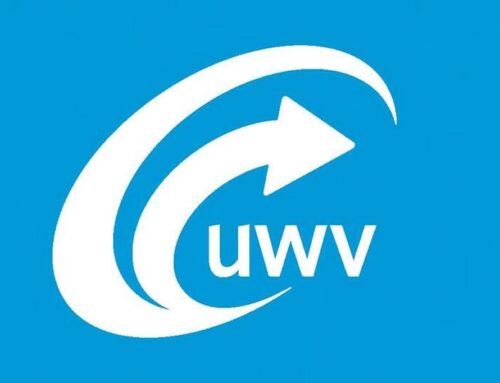An employment contract can end in several ways. This is the case, among others, when an employer and an employee enter into a settlement agreement. But what should be in such an agreement? And what are your rights and obligations? You can read more about that in this blog.
What is a settlement agreement?
In employment law, a settlement agreement is also called a termination agreement. This agreement sets out the arrangements between the employer and employee surrounding the dismissal.
Do I have to participate in that?
No, you don’t have to. An agreement does not come into being until both parties sign it. If both the employer and the employee agree, it is a termination by mutual consent.
However, it is wise to consider why the employer wants to terminate the employment contract by means of a settlement agreement. Indeed, sometimes it may be advisable to cooperate in order to avoid a possible dismissal with more adverse consequences.
However, it may also be a (better) option to not cooperate, or to find out whether the employment contract can end on better terms (e.g., a higher severance payment).
What do I need to pay attention to?
If you are open to a termination by means of a settlement agreement, it is important to check whether various topics are (correctly) included in the agreement. Some examples will be given below.
- End date
The settlement agreement states the date on which the employment contract ends. When determining the end date, the fictitious notice period should be taken into account. This is the period that would apply in the event of a termination by the employer. Since there is no question of a notice, but a termination by mutual consent, one speaks of a fictitious notice period.
- Benefit
The UWV decides whether a person is eligible for benefits after the end of the employment contract. The UWV assesses this on the basis of, among other things, the content of the settlement agreement. For example, if the applicable fictitious notice period has not been taken into account, the UWV will charge a waiting period. The benefit will then begin only when the duration of the fictitious notice period has expired. It is also important that the reason for termination, which is stated in the settlement agreement, does not prevent the provision of unemployment benefits. Suppose, for example, that the settlement agreement states that the employee acted culpably, or that the termination was the employee’s initiative, the UWV may not provide benefits.
- Competition / relationship clause
If a non-competition and/or non-solicitation clause applies in your case, it is important that it is set aside by signing the settlement agreement. As a result, you are no longer bound by this when looking for / taking on a new job.
- Financial conditions
It is also good to check if a severance payment is included and if so, how much? Usually, an employer knocks on the door of the transition allowance for the amount of the compensation. However, if there is no good reason for the termination, the compensation is often higher. It also happens that compensation is omitted, but, for example, a person is employed for a longer period and the employee is released from work with pay.
And are your vacation days paid out at the end of employment? Usually, the employer wants to include that the employee is excused from performing work until the end of the employment and then the vacation days are fully used. However, the employee may require that accrued vacation time be paid out. What is ultimately included in the settlement agreement depends on the specific situation.
Finally
Signing a settlement agreement has far-reaching consequences; among them, you will lose your job. Of course, it is very important that you do qualify for benefits and the possible drop in income is met by, for example, severance pay.
A lawyer can check the settlement agreement presented to you and advise you on the (terms of the) termination. There may be incorrect provisions in the settlement agreement, important articles are missing, and/or the conditions under which the employment ends can be improved.
Legal fees are usually reimbursed by the employer. Or you may be eligible for government-funded legal aid (add-on). Therefore, in many cases, legal assistance is (virtually) free.
Posted by Leonie Keet



